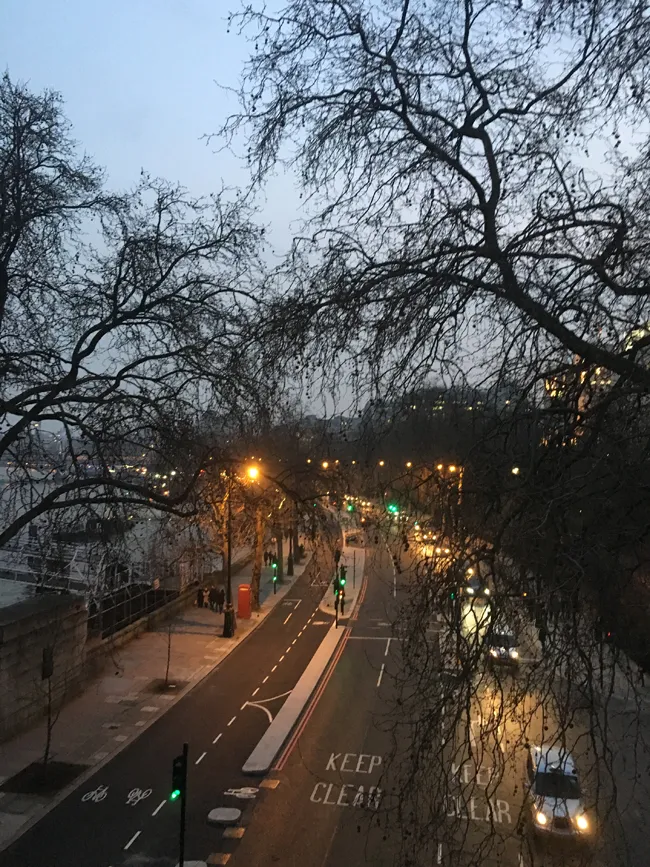The British Police Federation calling for the blood alcohol limit to be lowered. This call has also been backed by the campaigning road safety charity, Brake as well as the Royal Society for the Prevention of Accidents (ROSPA). Evidence from Scotland where the drink driving limit was lowered during 2014 has shown a reduction in drink driving offences. This move would bring the UK into line with other European countries with regard to alcohol limits by reducing the level from the current 80mg/100ml of blood
May 20, 2015
Read time: 3 mins
RSSThe British Police Federation is calling for the blood alcohol limit to be lowered. This call has also been backed by the campaigning road safety charity, 3963 Brake as well as the 2518 Royal Society for the Prevention of Accidents (ROSPA). Evidence from Scotland where the drink driving limit was lowered during 2014 has shown a reduction in drink driving offences. This move would bring the UK into line with other European countries with regard to alcohol limits by reducing the level from the current 80mg/100ml of blood to 50mg/100ml.
The Police Federation has also highlighted having to cope with heavy cuts in budgets for road policing units, which are leaving them struggling to properly enforce road safety.
Brake is backing the Police Federation in its request for increased budgets while also calling for a further reduction in blood alcohol limits, to 20mg/100ml of blood.
However, it is clear that unless enforcement is increased, any changes in blood alcohol levels will be of minimal benefit to road safety.
Kevin Clinton, head of road safety at RoSPA, said: “One of RoSPA’s long-standing campaigns is for the drink-drive limit to be lowered from 80mg of alcohol per 100ml of blood to 50mg across the whole of the UK, so we are pleased to see the Police Federation taking up this cause.
“Despite decades of drink-drive education and enforcement, over 75,000 people are still caught drink driving every year in England and Wales, and between 4 and 5 people die in drink-drive accidents every week. “In 2012, provisional figures show that 230 people were killed, and 1,200 were seriously injured in drink-drive crashes. Often it is an innocent person who suffers, not the driver who is over the drink-drive limit.
“In 2012, 80 pedestrians were killed or seriously injured by drink drivers, as were 360 car passengers. 50 children were killed or seriously injured by drink drivers that year.
“England and Wales should follow Scotland’s example and lower its drink-drive limit. We are sure this would help to save lives and prevent injuries on our roads.
“People need to realise that any amount of alcohol impairs a driver’s ability to judge speed and distance while behind the wheel. Alcohol also slows reaction times and can make drivers over-confident and more likely to take risks. Lowering the drink-drive limit will ultimately make our roads safer.”
The Police Federation has also highlighted having to cope with heavy cuts in budgets for road policing units, which are leaving them struggling to properly enforce road safety.
Brake is backing the Police Federation in its request for increased budgets while also calling for a further reduction in blood alcohol limits, to 20mg/100ml of blood.
However, it is clear that unless enforcement is increased, any changes in blood alcohol levels will be of minimal benefit to road safety.
Kevin Clinton, head of road safety at RoSPA, said: “One of RoSPA’s long-standing campaigns is for the drink-drive limit to be lowered from 80mg of alcohol per 100ml of blood to 50mg across the whole of the UK, so we are pleased to see the Police Federation taking up this cause.
“Despite decades of drink-drive education and enforcement, over 75,000 people are still caught drink driving every year in England and Wales, and between 4 and 5 people die in drink-drive accidents every week. “In 2012, provisional figures show that 230 people were killed, and 1,200 were seriously injured in drink-drive crashes. Often it is an innocent person who suffers, not the driver who is over the drink-drive limit.
“In 2012, 80 pedestrians were killed or seriously injured by drink drivers, as were 360 car passengers. 50 children were killed or seriously injured by drink drivers that year.
“England and Wales should follow Scotland’s example and lower its drink-drive limit. We are sure this would help to save lives and prevent injuries on our roads.
“People need to realise that any amount of alcohol impairs a driver’s ability to judge speed and distance while behind the wheel. Alcohol also slows reaction times and can make drivers over-confident and more likely to take risks. Lowering the drink-drive limit will ultimately make our roads safer.”






